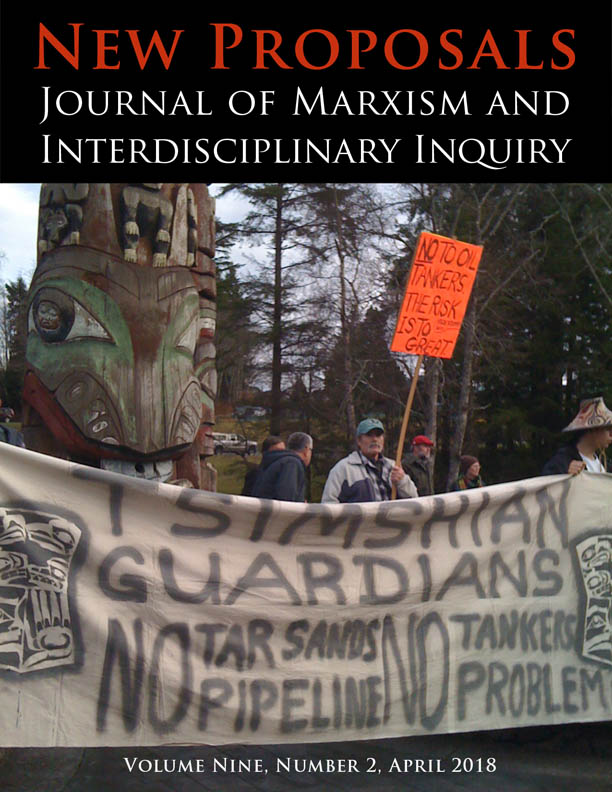Collaborative Research in Academic Archaeology: A Perspective from the Yukon-Alaska Borderlands
Keywords:
collaborative archaeology, community archaeology, archaeology method, archaeology theory, indigenous archaeologyAbstract
Archaeological investigations among the Upper Tanana speaking peoples of the Yukon-Alaska Borderlands began with seemingly conventional approaches to respectful consultation and collaboration in the early 1990s. After having been engaged with this work since 2011, first as a student and now as a researcher at the Little John site, I have accumulated experiences which have shaped my ideas regarding the maintenance of collaboration, how it evolves over time, and how its unique community context promotes a relaxed and mixed methodological strategy that I call a destandardized approach to collaboration. This includes formal and informal relationships or friendships, diversifying institutionalized concepts of capacity building, and deprioritizing disciplinary goals that impose time constraints in favour of just being present. This approach has been nurtured by the cultural ethos of our host community over twenty-five years of engagement and an ongoing conversation of “how” anthropologists should approach and practice community collaboration. The result is an academic archaeological program which has become integrated into a small northern community of transitional hunter-gatherers that contribute to the shared goals of collaborative archaeologies—particularly the deconstruction of power resulting from colonial legacies and the reconstruction of power rooted in locality.Downloads
Published
2018-06-17
Issue
Section
Student Showcase

